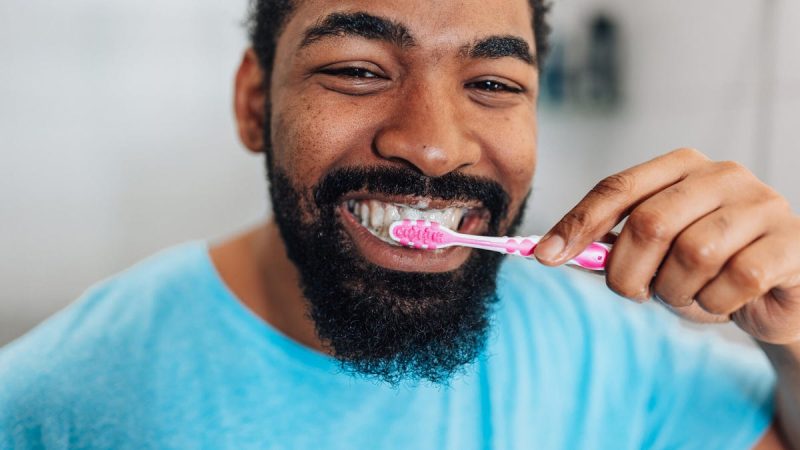
Nano-hydroxyapatite (n-HAp) toothpaste tablets, like the viral NOBS brand, are gaining popularity as a fluoride-free alternative. Fueled by growing concerns about fluoride in public water supplies, these toothpastes promise a cleaner, healthier approach to oral care. But what do dentists really think?
Several dental experts weigh in on the benefits and potential drawbacks of this emerging trend. Nano-hydroxyapatite, a synthetic calcium phosphate compound, boasts a structure remarkably similar to natural tooth enamel. This similarity allows it to integrate into the tooth structure, particularly in areas of demineralization, potentially strengthening enamel and even reversing early cavities. Studies suggest n-HAp can remineralize enamel, alleviate tooth sensitivity, reduce bacterial adhesion, and enhance the teeth’s whiteness and shine.
One study found a 10% hydroxyapatite toothpaste to be equally effective as fluoride toothpaste in preventing and remineralizing cavities in children. Another study showed that 15% nano-hydroxyapatite significantly reduced sensitivity to hot and cold within two to four weeks. A longer-term clinical trial (18 months) demonstrated that a 10% n-HAp toothpaste protected adult teeth from new cavities as effectively as a standard fluoride toothpaste. These findings suggest its efficacy in cavity prevention and enamel repair, but more long-term studies are required to confirm these benefits fully.
However, the use of n-HAp isn’t without its considerations. Because it’s composed of nanoparticles, there are concerns about potential systemic absorption if ingested regularly, particularly in children. The European Commission has raised concerns due to a lack of extensive long-term safety data. While current research shows no adverse effects, more long-term human studies are needed to fully understand the cumulative effects of regular use. There’s also a theoretical concern about the potential for unwanted calcification in soft tissues if absorbed systemically, although this is currently unsupported by clinical evidence.
The consensus among dentists is that n-HAp toothpaste can be a valuable addition to oral care, especially for individuals seeking fluoride-free options. However, it’s not a universal replacement for fluoride toothpaste, particularly for children or those at high risk of cavities. The American Dental Association (ADA) still recommends fluoride toothpaste for its proven cavity-prevention capabilities and decades of research supporting its safety and efficacy. Dentists generally suggest n-HAp for patients with low to moderate cavity risk, mild sensitivity, or who have concerns about fluoride.
Ultimately, the decision to switch to nano-hydroxyapatite toothpaste should be made in consultation with your dentist. They can assess your individual needs and oral health to determine if it’s the right choice for you. Remember, regardless of the toothpaste you choose, maintaining a comprehensive oral hygiene routine – including regular brushing, flossing, and dental checkups – remains crucial for optimal oral health.










